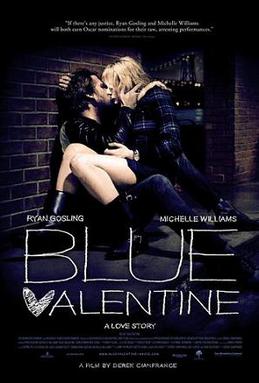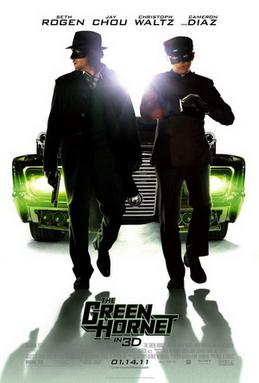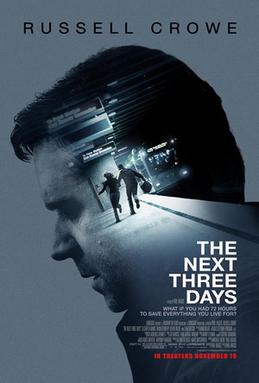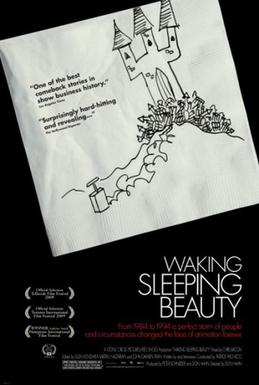
You would have to worry what the world is coming to, if Disney - the animation studio that brought us such 'girly' titles as The Little Mermaid, Snow White and the Seven Dwarfs, Beauty and the Beast, Pocahontas, Mulan etc - are so worried about box office receipts, they would rename their latest princess fairytale, Rapunzel to Tangled in some silly attempt to attract a wider male audience. Regardless of this cynical observation, Tangled once again returns the studio to what it does best - and the world is a happier place for it.
Loosely based on the Grimm Fairytale, the film tells the tale of young Rapunzel (Mandy Moore) as she's snatched away from her mother and father as an infant and locked away in a tower by the sinister Mother Gothel (Donna Murphy), so the evil wench can harness the girl's magical power which emanates from her hair. Whenever she encounters a suave and swindling thief, Flynn (Zachery Levi) breaking into her tower, she uses this chance to follow her dreams and goes off on the traditional Disney coming-of-age journey full of comical, colourful, characters and infectiously catchy musical sing-a-longs.
The redesign of Rapunzel was simply glorious. An energetic, clumsy, spirited, over-sensitive, kind and curiously naive soul. One could argue Disney injected the character with a touch of Pixar or even a hint of Dreamworks satire, but I'd disagree as the girl is as quintessentially Disney as Belle, Snow White, Cinderella and Ariel. Moore's sincere yet fragile voice worked wonderfully in the tender moments of the film, while soared and warmed hearts in such songs as 'When Will My Life Begin?' Equally her co-star, Flynn was probably more akin to the sweet-talking, sly-moving Prince Naveen seen in last year's overlooked and under-rated Princess and the Frog as oppose to the more heroic yet fairly bland characterless princes of Disney's past.
As far as Disney villains go, Donna Murphy's Mother Gothel is probably more reminiscent of 'Cruella DeVille' than her evil fairytale peers seen in The Little Mermaid or Sleeping Beauty. Nevertheless, she is perhaps one of the classiest highlights of the whole feature, especially in her faintly damning and overly passive musical number, 'Mother Knows Best'.
I mentioned last year when reviewing the Princess and the Frog that its only flaw was the film played it too safe and failed to have, what I like to refer as, 'the moment'. Every truly memorable Disney film has it, the one scene where it'll be remembered, for decades to come. That ballroom scene in Beauty and the Beast, the dinner scene in Lady and the Tramp, Hi-Ho from Snow White, the opening of The Lion King, A Whole New World from Aladdin, the list goes on. These are moments that truly stand the test of time. Tangled had such a moment, which involves a beautiful animated sequence of lanterns filling up the sky to the song, 'I See The Light'. Struggled to hold back the tears. Ahem...anyway...
I'm always reluctant to see Disney make their fairytale features in any other format besides traditional hand drawn animation but regardless, Tangled is visually stunning with some of the most spectacularly crafted backgrounds ever seen from the company. The legendary Alan Menken produced songs that are probably more at home in Disney's own satire piece, Enchanted as oppose to his high points of the early 90s, but even then I'm still humming the film's main theme as I type.
Final Thoughts
Despite the daft and needless rename, Tangled is as magical and heart-warmingly sincere as some of the studio's most famous works. Moore and Levi's comical and tender chemistry carries the film excellently while Murphy is delightfully sinister and memorable as the villain. Tangled marked Walt Disney Animation's 50th feature length film, and off the strength of this, I toast them to 50 more. Spectacular.
4.5/5
Tangled is in cinemas everywhere throughout the UK now.









